“You know, Dad, the church is the people, not the building.” My then 5 year old son informed me of this truth as our church was meeting in a bar for Sunday worship. I was brimming with pride that my child understood an aspect of his faith so early. I was also proud of our kids ministry leaders as he no doubt heard it from them as well.
How many of us use the word “church” would be quite strange to those who first used it. We often use church as a shortened way of saying church building. The first churches were groups of people meeting wherever they could. Sometimes large houses, sometimes synagogues, sometimes by a river. But, as my son would gladly tell you, church is something more than a mere building of brick and mortar.
Of course, language is fluid and changes all the time. And sometimes we use terms as a shorthand to make communication quicker and easier. So we need not be pedantic when we say church and really mean a church building. But we should know what the Bible means by the word church and what it describes. As Christians we are a people devoted to the truth of the Bible.
The word church comes from the Greek word in the New Testament: ekklesia. That word means a group of people: assembly, gathering, community, congregation, etc. A building is one place where people can come together, but the building in itself is not the church. The people, together, are the church.
Redeemer currently meets at Oswald Road Primary School. The school is not a church, but we are a church. Indeed, Redeemer has no other official affiliation with the school other than it being a place we use for a few hours each Sunday, as we, the church, gather together. We love ORPS and hope to continue to be good tenants, good neighbours, etc., but that’s all that we are, really: tenants.
This is why Redeemer often uses the term “worship gathering” to describe what we do on Sunday. As we are the church, we gather together each Sunday and worship God. A worship gathering includes singing, praying, hearing from the Bible and understanding what it means, as well as celebrating the Lord’s Supper and baptisms. This is important for us, as if left to ourselves, we’d just follow our own path through life. As we gather together to worship we continue to keep on Jesus’ path.
The church is much too big a concept to be reduced to an architectural term. In Paul’s letter to the Ephesians, he writes:
"In him the whole building is joined together and rises to become a holy temple in the Lord. And in him you too are being built together to become a dwelling in which God lives by his Spirit." (Ephesians 2:21–22)
This “building” is a metaphor Paul is using for people who are now part of God’s family (verse 19). As we grow in these relationships together, we join this building. As we join Him, we rise together to become—another metaphor—a temple. A temple is where God meets man, where we get to experience His presence and work. Lest we think this happens in a particular building or even during a particular event, Paul foes on: “ in him [Jesus] you too are being built together to become a dwelling in which God lives by his Spirit.” In our lives, as we live together, as the church, we are the temple. The church isn’t a building because we are the church. A building cannot contain the dwelling place of God, but in us together, this is where God lives.
Buildings can be helpful, events are helpful. A place is necessary and things to do are necessary. But neither will ever be the church. That’s us. So let’s be the church together. Let’s take that with us, wherever we meet, be it a home, a pub, a school, or even a church building. And as we live this out together, we rise to become the meeting place of God and man.

